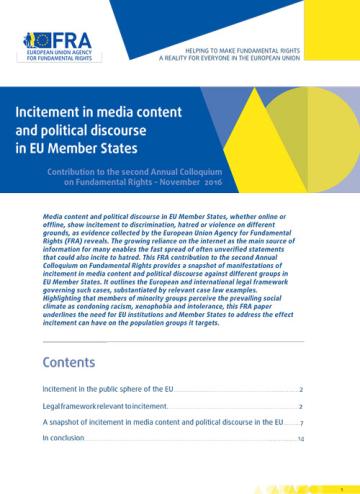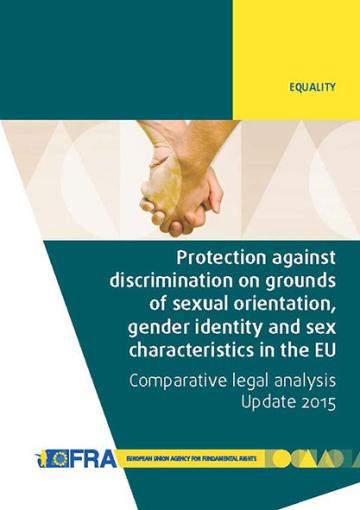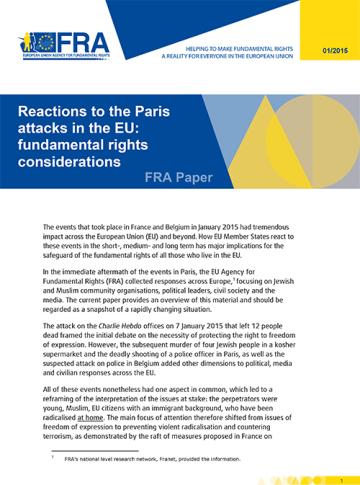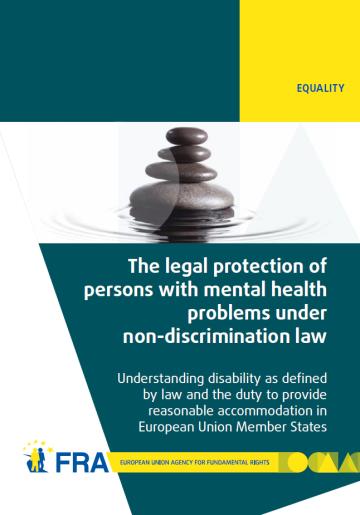1. Tämä 11 artikla vastaa Euroopan ihmisoikeussopimuksen 10 artiklaa, joka kuuluu seuraavasti:
`1. Jokaisella on sananvapaus. Tämä oikeus sisältää vapauden pitää mielipiteitä sekä vastaanottaa ja levittää tietoja ja ajatuksia alueellisista rajoista riippumatta ja viranomaisten siihen puuttumatta. Tämä artikla ei estä valtioita tekemästä radio-, televisio- ja elokuvayhtiöitä luvanvaraisiksi.
2. Koska näiden vapauksien käyttöön liittyy velvollisuuksia ja vastuuta, se voidaan asettaa sellaisten muodollisuuksien, ehtojen, rajoitusten ja rangaistusten alaiseksi, joista on säädetty laissa ja jotka ovat välttämättömiä demokraattisessa yhteiskunnassa kansallisen turvallisuuden, alueellisen koskemattomuuden tai yleisen turvallisuuden vuoksi, epäjärjestyksen tai rikollisuuden estämiseksi, terveyden tai moraalin suojaamiseksi, muiden henkilöiden maineen tai oikeuksien turvaamiseksi, luottamuksellisten tietojen paljastumisen estämiseksi, tai tuomioistuinten arvovallan ja puolueettomuuden varmistamiseksi.`
Perusoikeuskirjan 52 artiklan 3 kohdan mukaisesti tällä oikeudella on sama merkitys ja kattavuus kuin Euroopan ihmisoikeussopimuksessa turvatulla oikeudella. Tähän oikeuteen tehtävät rajoitukset eivät näin ollen voi ylittää 10 artiklan 2 kohdassa määriteltyjä rajoituksia, sanotun kuitenkaan rajoittamatta unionin kilpailulainsäädännössä määriteltyjä rajoituksia jäsenvaltioiden oikeudelle ottaa käyttöön Euroopan ihmisoikeussopimuksen 10 artiklan 1 kohdan kolmannessa virkkeessä tarkoitettuja lupamenettelyjä.
2. Artiklan 2 kohdassa selvennetään 1 kohdan seuraukset tiedotusvälineiden vapauden osalta. Tämä kohta pohjautuu yhteisöjen tuomioistuimen oikeuskäytäntöön televisiotoiminnan alalla muun muassa asiassa C–288/89 (tuomio 25.7.1991, Stichting Collectieve Antennevoorziening Gouda ym. Kok. 1991, s. I–4007) ja Euroopan yhteisön perustamissopimukseen ja nyt perussopimuksiin liitettyyn jäsenvaltioiden julkisen palvelun yleisradiotoimintaa koskevaan pöytäkirjaan sekä televisiotoimintaa koskevien jäsenvaltioiden lakien, asetusten ja hallinnollisten määräysten yhteensovittamisesta annetun direktiiviin 89/552/ETY (ks. erityisesti sen johdanto-osan 17 kappale).




